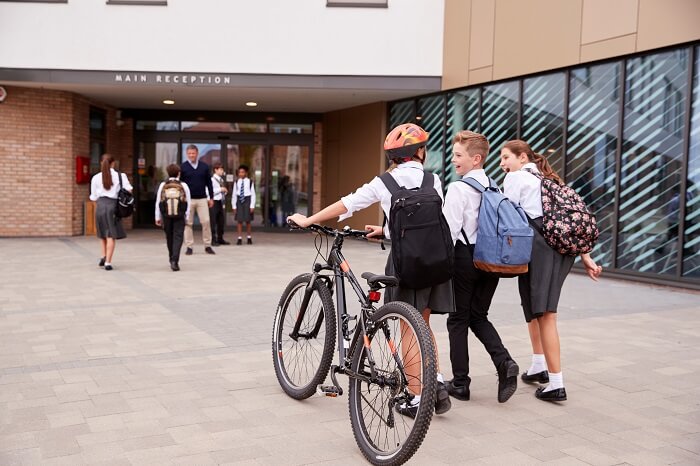30th July 2024
The Treasury released a technical consultation, draft legislation and explanatory notes on 29 July 2024. On the same day, the Chancellor announced that the date of the Budget will be 30 October 2024.
The papers confirm that the legislation introducing VAT on school fees will apply from the date of the Budget and to VAT on school fees from 1 January 2025.
In other words, whilst the legislation takes effect from 30 October 2024, it only applies to supplies made from 1 January 2025.
Anti-forestalling legislation applies to all payments made from 29 July 2024 in respect of supplies made from 1 January 2025. In other words, fees in advance payments made after 28 July 2024 are no longer effective in setting a tax point.
The papers also say that some Fees in Advance schemes may be challenged if HMRC consider they are ineffective in setting a tax point. The only detail they give is “the scheme involved paying a lump sum to the school in advance, but the details of the supplies that the money was not buying were not determined at the time the money was paid”, (i.e. if the money paid did not relate to specific terms).
The papers confirm that VAT will also apply to boarding services and that both education and boarding services are caught if the supplies are made by a “connected person”.
Where pupils with special education needs (SEN) are placed in a private school, VAT will apply, but where they have been placed there under an EHCP funded by the Local Authority (LA), devolved government or non-departmental public body, then the LA will be able to reclaim the VAT.
Where pupils have an Education Health and Care Plan (EHCP) whose needs could be met in a state school, but whose parents have placed them in a private school out of choice, VAT will apply.
The change is being implemented by introducing an ‘exception’ to the VAT legislation which introduces a definition of ‘private school’ and removes it from the list of eligible bodies, thus preventing it from exempting its supplies.
The provision of nursery education whether at a standalone nursery or one attached to a private school will remain exempt. VAT will therefore only apply from the first year of primary school (the year in which compulsory school age is reached).
VAT will apply to education and vocational training provided by sixth forms attached to private schools and standalone sixth form colleges. However, education and vocational training supplied by further education colleges will remain exempt.
Education and boarding provided by state schools, including academies, are not affected by any change.
Other closely related supplies of goods and services such as school meals, transport, and books and stationery will remain exempt, and are not affected by the changes.
However, if schools artificially attempt to ‘value shift’, i.e. artificially assign a greater value to these services and lower the amount charged for education and boarding, this will be challenged as VAT avoidance.
Before and after childcare, e.g. breakfast clubs or childcare based holiday clubs that just consist of childcare will remain exempt as welfare.
The papers go on to say that the Government does not expect fees to go up by 20% and that they expect private schools to take steps to minimise fee increases, and that since schools can now recover VAT, they expect schools to be liable for VAT on around 15% of their fee income. However, since VAT is a tax on consumption, this is simply an effort to deflect blame.
For further advice, contact Phil Salmon, Partner and Co-Head of VAT for further advice.





